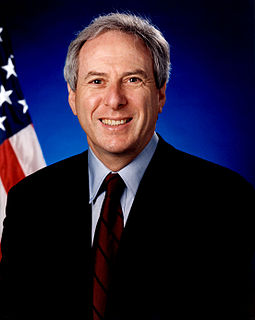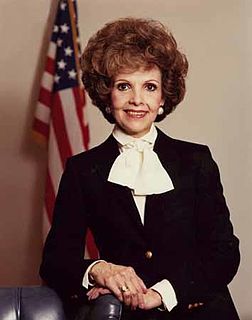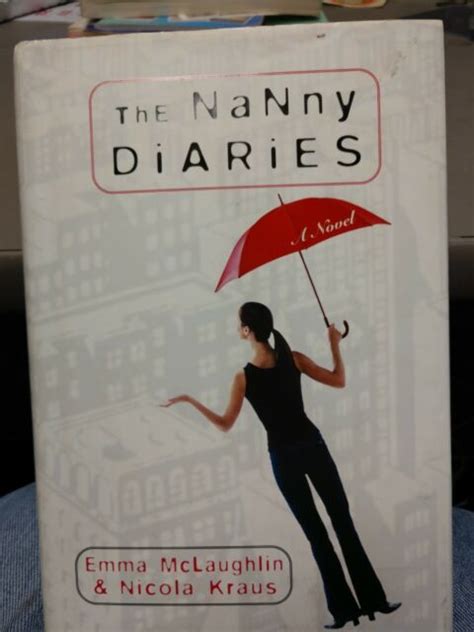A Quote by Rebecca Hall
I've just started to get really envious when I go into people's houses and see books on a shelf.
Related Quotes
For me what was amazing was consumerism of people survived after Katrina. You see in a yard that the SUV is gone but they left the Ferrari or the more expensive car because it just wasn't practical. They couldn't get all their stuff in it. So you see this beautiful car totally destroyed; motorcycles. You walk into these houses - we were with the New Orleans police when they would go into the houses - we'd go through these houses and we were just amazed at how much stuff that had been accumulated and how much was left behind.
Antisthenes used to say that envious people were devoured by their own disposition, just as iron is by rust. Envy of others comes from comparing what they have with what the envious person has, rather than the envious person realising they have more than what they could have and certainly more than some others and being grateful. It is really just an inability to get a correct perspective on their lives.
Books can be passed around. They can be shared. A lot of people like seeing them in their houses. They are memories. People who don't understand books don't understand this. They learn from TV shows about organizing that you should get rid of the books that you aren't reading, but everyone who loves books believes the opposite. People who love books keep them around, like photos, to remind them of a great experience and so they can revisit and say, "Wow, this is a really great book."
I'm such an old fart that I started buying books on film and TV and radio and music when, for television, the entire shelf of books was only a couple of them. You go into the '70s before you start getting books on TV that you start wanting to collect. And by the time that you get to something like the Brooks and Marsh book it's invaluable. My house got hit by lightning in 1989 and burned down. And I got more than a half dozen Brooks and Marsh books sent to me by friends immediately, as though that's what you need more than clothes or food. That's how treasured that book was.
One summer I was homeless in L.A., when I was about fifteen, and I used to go to the library to get books. I would have books in abandoned cars, in the seats, cubby holes on the L.A. River, just to have books wherever I could keep them, I just loved to have books. And that really helped me. I didn't realize it was going to be my destiny; I didn't know I was going to be a writer.
I grew up in Zimbabwe in Southern Africa, and I moved to London when I was 17. And I started commuting and, actually, to go to college. And I used to really enjoy that part of my journey where the - it was actually a Tube train, but it was over ground, and it went right past the backs of people's houses, and I could actually see right in.




































